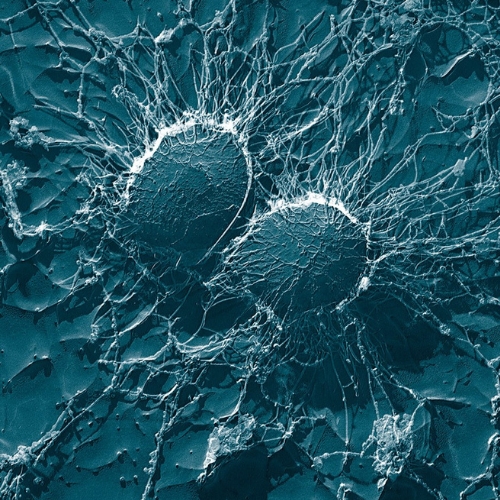Key points from article :
Researchers led by Meng Wang, a Senior Group Leader at Janelia, have discovered a way to turn the gut microbiome into a miniature “longevity factory.” Their strategy centers on coaxing naturally occurring gut bacteria to produce higher amounts of compounds that extend lifespan. The team focused on colanic acid, a metabolite already known to boost longevity in roundworms and fruit flies. They found that exposing gut bacteria to very low doses of the antibiotic cephaloridine triggers these microbes to overproduce colanic acids.
In animal experiments, this microbial boost translated into real biological benefits. Roundworms treated with low-dose cephaloridine lived longer, and mice showed favourable age-related metabolic changes—including increases in good cholesterol and drops in bad cholesterol in males, and reduced insulin levels in females. Crucially, because cephaloridine is not absorbed when taken orally, it acts only on gut bacteria, avoiding harmful side effects in the rest of the body.
This work suggests an entirely new approach to drug development: instead of targeting the body directly, scientists might design therapies that target the microbiome, prompting bacteria to generate helpful compounds themselves. By turning microbes into on-site producers of longevity-promoting molecules, researchers hope to unlock safer and more sustainable strategies for improving health and extending lifespan.





